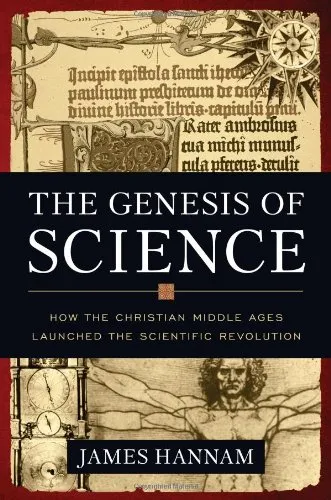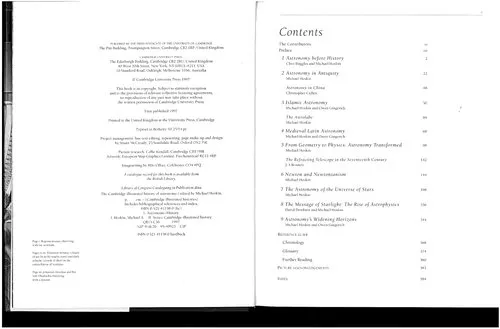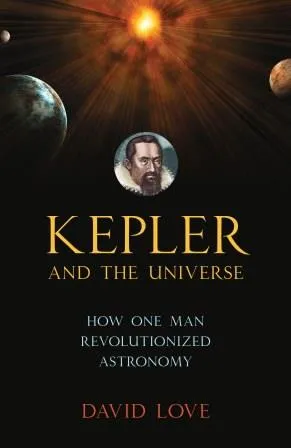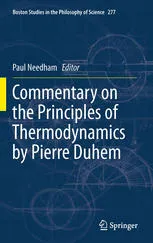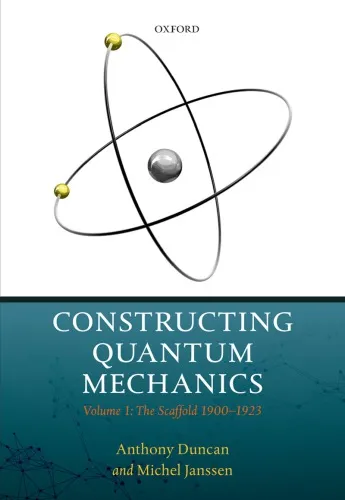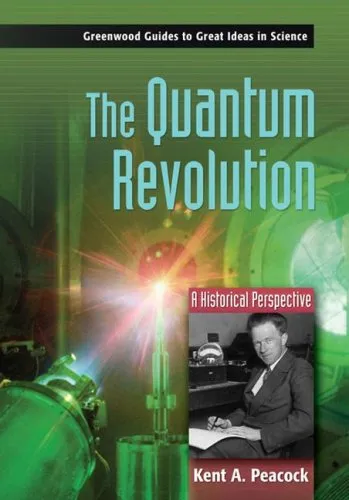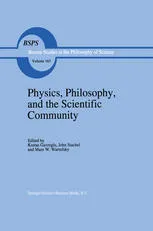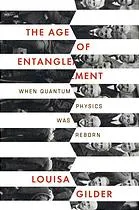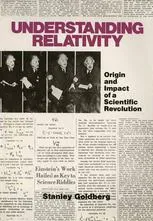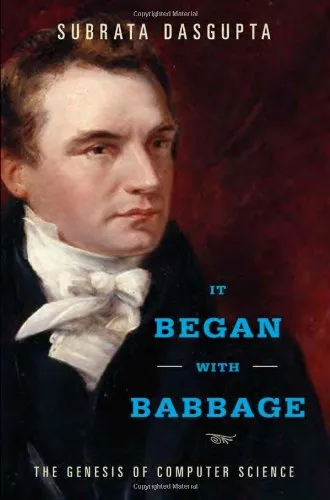The Genesis of Science: How the Christian Middle Ages Launched the Scientific Revolution
4.5
Reviews from our users

You Can Ask your questions from this book's AI after Login
Each download or ask from book AI costs 2 points. To earn more free points, please visit the Points Guide Page and complete some valuable actions.Related Refrences:
Introduction to 'The Genesis of Science: How the Christian Middle Ages Launched the Scientific Revolution'
'The Genesis of Science: How the Christian Middle Ages Launched the Scientific Revolution' is a groundbreaking work by James Hannam that delves into one of the most misunderstood and maligned periods of history: the Middle Ages. Often dismissed as a time of intellectual stagnation, this book challenges the conventional perception of the medieval era, revealing it as a fertile ground for intellectual innovation and scientific progress. By examining key figures, ideas, and advancements of the time, Hannam demonstrates how the Christian Middle Ages laid the essential groundwork for the scientific revolution.
Detailed Summary of the Book
'The Genesis of Science' takes readers on an enlightening journey through the medieval period, focusing on the contributions of scholars, theologians, and natural philosophers who shaped the course of intellectual history. Far from being "the Dark Ages," the Middle Ages saw significant strides in fields such as mathematics, astronomy, medicine, and mechanics. The author explores the work of visionaries such as Robert Grosseteste, Albertus Magnus, Thomas Aquinas, and Roger Bacon, showing that their curiosity and faith in a rational, orderly universe were instrumental in the development of science.
The book also addresses some of the myths about medieval science, such as the belief that the Church suppressed scientific inquiry. Hannam argues that the medieval Church was, in fact, a patron of education and intellectual exploration, establishing universities and supporting scholars. By the time the Renaissance and Enlightenment arose, the seeds of scientific reasoning had already been sown, thanks to centuries of diligent work by medieval thinkers.
With a rich narrative and careful scholarship, 'The Genesis of Science' not only restores the reputation of the Middle Ages but also connects this era to the achievements of the scientific revolution. Hannam’s engaging prose ensures that complex ideas are accessible, while his passion for the subject captivates readers who might otherwise overlook this pivotal historical period.
Key Takeaways
- The Middle Ages were not an intellectual vacuum but a period of substantial scientific, mathematical, and philosophical development.
- The work of medieval scholars directly paved the way for later scientific breakthroughs during the Renaissance and beyond.
- Many misconceptions about the Church's role in science are debunked, highlighting its critical role in fostering education and inquiry.
- The assumption of a rational, law-governed universe, stemming from medieval Christian theology, was essential for the birth of modern science.
Famous Quotes from the Book
"The Middle Ages were, in fact, a period of significant advancement in human understanding and a vital stage in the history of science."
"The medieval Church, far from being an enemy of learning, was a major sponsor of education and inquiry."
Why This Book Matters
'The Genesis of Science' is more than just a historical account; it is a powerful corrective to centuries of misunderstanding about the Middle Ages. By highlighting the intellectual achievements of this era, the book challenges modern readers to rethink the simplistic narratives they may have encountered in popular culture or outdated textbooks. Moreover, it underscores the importance of collaboration between faith and reason, showcasing how theological conviction and scientific curiosity can coexist and even complement one another.
In an age of growing interest in the history and philosophy of science, this book stands out as a vital contribution to a nuanced understanding of how we arrived at the modern scientific worldview. It is essential reading for anyone interested in history, science, or religion, providing a fresh perspective on a critical era that still influences our world today.
Free Direct Download
You Can Download this book after Login
Accessing books through legal platforms and public libraries not only supports the rights of authors and publishers but also contributes to the sustainability of reading culture. Before downloading, please take a moment to consider these options.
Find this book on other platforms:
WorldCat helps you find books in libraries worldwide.
See ratings, reviews, and discussions on Goodreads.
Find and buy rare or used books on AbeBooks.
1431
بازدید4.5
امتیاز0
نظر98%
رضایتReviews:
4.5
Based on 0 users review
Questions & Answers
Ask questions about this book or help others by answering
No questions yet. Be the first to ask!
